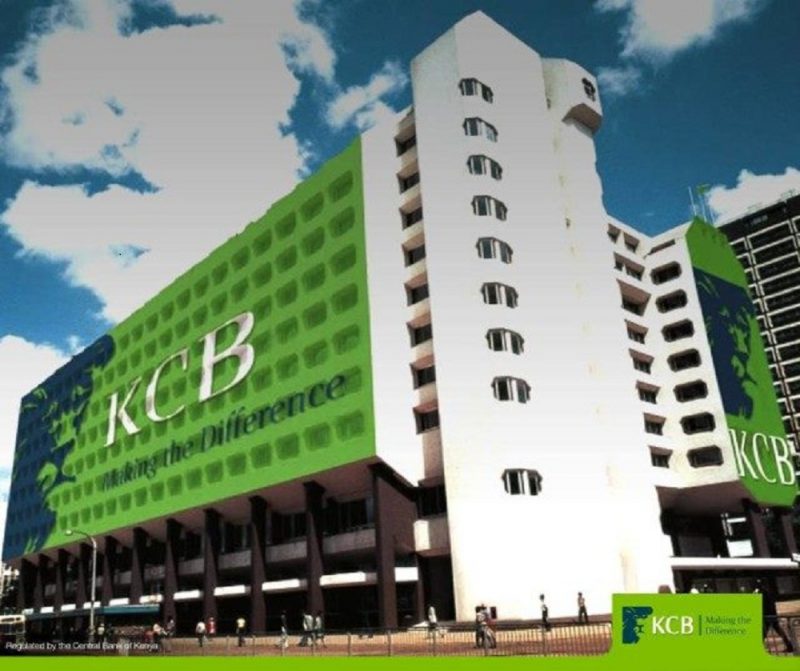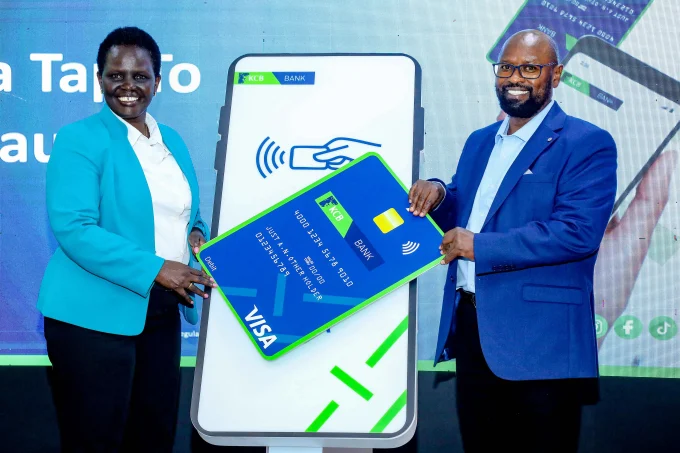Kenya Commercial Bank is the top ranked bank in Eastern Africa with capital of Ksh74.4 billion (US$717 million), according to the 2017 survey by the African Banker.
There are another 10 Kenyan banks, including all of the top six, in the regional table, indicating that Nairobi remains the regional financial centre. The country has 10 banks in the Top 100; only Nigeria and Egypt have more, so the strength of the country’s banking sector is clear to see, Africa Business Magazine reports.
There are currently 42 banks in Kenya, most of which are locally owned, so there is a great deal of competition in the sector. Kenyan banks have put a great effort in expanding into Tanzania, Uganda, South Sudan, Rwanda and Democratic Republic of Congo in recent years, in search of new customers and future profits.
According to the African Banker survey, Equity Bank slipped from second last year to fourth in the 2017 regional table, on the back of a drop in capital from Ksh68 billion (US$655 million) to Ksh 38 billion (US$362 million). However, Moody’s classifies Equity Bank as the most secure in Kenya with a B1 rating because of the positive impact of its digital and agency banking strategy.
It reported in July: “Moody’s therefore expects that Equity Bank’s profitability metrics will remain strong, supported by its low-cost funding, an increasing proportion of non-interest income, and an efficient cost structure with the extensive use of digital and alternative distribution channels.”
The CEO of Equity, James Mwangi, told the publication: “The rating reflects the bank’s intrinsic credit strength, significant market size, acceptable risk management practices, profitable business model, prudent capital levels and support from its shareholders. We continue to protect ourselves against slow business volumes by focusing on high margin plays and cutting on operational and funding costs.”
Aside from the Kenyan banks, there are five from Ethiopia and four from Tanzania. The remaining positions are filled by two each from Uganda and Sudan, plus one from Rwanda, mirroring last year’s representation.
The Bank of Tanzania (BoT) has revoked some banking licences in recent years in an effort to strengthen the sector, most recently that of FBME Bank. FBME specialised in foreign exchange services, cross-border transactions and commercial trading.
The US Treasury’s Financial Crimes Enforcement Network described it as a “primary money laundering concern”. The BoT and government want to stimulate lending to the private sector, which increased by 26.8% in 2015 but by just 2.5% last year. The main lending rate was cut from 16% to 12% in April.
Regulation is also an issue in Kenya, where banks have had to cope with the implementation of the Banking (Amendment) Act 2016, which capped loan interest at 4% above the Central Bank Rate from September 2016. The country’s banks are allowed to request permission to increase their charges but the Central Bank of Kenya (CBK) has rejected these requests on all but three occasions.
ALSO SEE: Banks in new push for review of interest rates cap
Some in the industry have blamed the recent spate of branch closures on the new regulations. They may have played a role but the focus on internet, mobile and agency banking has probably had far more impact. The CEO of Standard Chartered Bank Kenya, Lamin Manjang, said: “We are continuously undertaking a branch rationalisation programmes in line with our digital-by-design strategy.”
Figures from the CBK reveal that the total assets of Kenyan banks increased from KSh1 trillion ($9.6bn) in December 2015 to Ksh4.1 trillion this June.
CBK deputy governor Sheila M’Mbijjiwe said: “Despite the interest rates cap which has posed many problems for Kenyan banks, 70% of the estimated KSh5.98 trillion financial assets were from banks, exclusive of capital markets. Kenya’s return on assets stands at 4%, which is higher than those of South Africa at 1.7%, Uganda at 2.4% and Tanzania at 1.7% among others.”
Related: Equity Bank ranked as Kenya’s most preferred bank
The CBK had introduced a moratorium on issuing banking licences in 2015 after it suspended Imperial Bank but has now issued licences for two new banks that had been agreed in principle. Dubai Islamic Bank has received one for its local offshoot, DIB Bank Kenya Ltd, while Mayfair Bank will begin to provide corporate banking services from one branch in Mombasa and two in Nairobi.
More than 30 banks have been put into administration by the CBK over the past 30 years but the authorities have failed to adequately punish those responsible. Edward Muriu, the senior partner at MMC Africa Law commented: “None of the directors of the collapsed banks has ever been successfully prosecuted and convicted. This fortifies the view that CBK has been part of the problem and not the solution. This is despite CBK having at its disposal the Banking Fraud Investigations Unit, one of the best paid police units in Kenya.”













Leave a comment